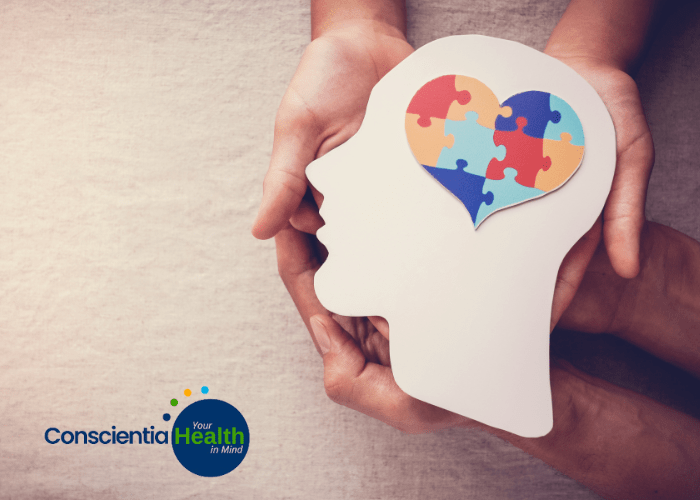Introduction:
In today’s fast-paced world, mental health issues are increasingly prevalent, impacting individuals of all ages and backgrounds. Fortunately, psychiatrists play a pivotal role in addressing these challenges. Let’s delve into the wide range of mental health issues that psychiatrists can effectively address.
Depression and Anxiety Disorders:
– Discuss how psychiatrists diagnose and treat various types of depression and anxiety disorders.
– Explore therapeutic approaches such as medication management and psychotherapy.
Bipolar Disorder:
– Explain the symptoms and diagnostic criteria for bipolar disorder.
– Highlight the role of psychiatrists in stabilizing mood swings and managing symptoms.
Schizophrenia and Other Psychotic Disorders:
– Provide insights into the diagnosis and treatment of schizophrenia and related psychotic disorders.
– Discuss the importance of antipsychotic medications and supportive therapies.
Obsessive-Compulsive Disorder (OCD) and Related Disorders:
– Explore the intricate nature of OCD and its related disorders like hoarding disorder and body dysmorphic disorder.
– Discuss evidence-based treatments, including cognitive-behavioral therapy (CBT) and medication management.
Trauma and Stress-Related Disorders:
– Address the impact of trauma on mental health and well-being.
– Discuss the role of psychiatrists in providing trauma-informed care and interventions.
Eating Disorders:
– Shed light on the complexities of eating disorders such as anorexia nervosa, bulimia nervosa, and binge-eating disorder.
– Highlight the multidisciplinary approach involving psychiatrists, therapists, and nutritionists in treatment.
Substance Use Disorders:
– Discuss the diagnosis and treatment of substance use disorders, including addiction to alcohol, drugs, and opioids.
– Explore the role of psychiatrists in medication-assisted treatment and relapse prevention.
Personality Disorders:
– Provide an overview of various personality disorders such as borderline personality disorder and narcissistic personality disorder.
– Discuss therapeutic approaches aimed at improving interpersonal functioning and emotional regulation.
Conclusion:
Psychiatrists are highly trained medical professionals equipped to address a wide spectrum of mental health issues. Whether it’s depression, anxiety, psychosis, or trauma-related disorders, psychiatrists play a crucial role in diagnosis, treatment, and ongoing support. If you or a loved one is struggling with mental health issues, seeking the expertise of a psychiatrist at Conscientia Health can pave the way toward healing and recovery.
Contact us at (877) 803-5342 to address your mental health issues.

